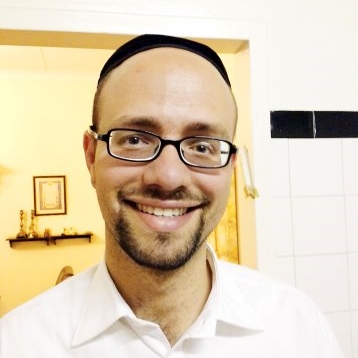
Religion

Kol Nidrei prayer about power of words
Rabbi Yonatan Landau, Ohr Somayach Savoy
Why then does this exceptional day begin with the Kol Nidrei prayer?
This declaration is in fact a nullification of vows, and seemingly has nothing to do with the act of teshuva (repentance). Additionally, why is it accompanied by such a heartrending tune?
Rav Yosef Breuer ZT”L explains that on Yom Kippur, we utilise a special tool that is critical to our success. This tool in fact takes up most of Yom Kippur. It’s known as the power of speech. We pray with speech, we confess with speech, and we connect with speech.
However as with any tool, one must service it and make sure that it is in pristine condition. How, though, do we service our speech?
The answer is by annulling our vows. We regret our unkept promises, and our deviations from the truth that have sullied and corrupted our special tool.
Therefore, the sages instituted the Kol Nidrei nullification as a public show of regret for the previous mistaken use of our mouths, and as an avowal to use them for only lofty purposes in the future.
At the onset of Yom Kippur, we focus on the gift of speech, and dwell on how we have used it in the previous year. This self-examination when done properly should stir up emotions, and engender a yearning for improvement. Therefore, Kol Nidrei is recited with a moving tune that slowly gets louder drawing out of us an ever-strengthening desire to better our words.
This prayer is a magnificent introduction to Yom Kippur. Only then are we ready to pray, confess, and connect.
Similarly, in the Haftorah reading for Shabbos Shuva, the prophet Hoshea exhorts us to, “Take with yourselves words and return to Hashem.”
The old saying that “sticks and stones can break my bones, but words can never harm me”, is a falsity. Words are, in fact, much more powerful. They can either build or destroy relationships, and define the pathway of our lives.
Thus, the prophet commands us to use them properly, and do teshuva.
May Hashem bless us to appreciate the wonderful present of speech, and the stirring of Kol Nidrei.




